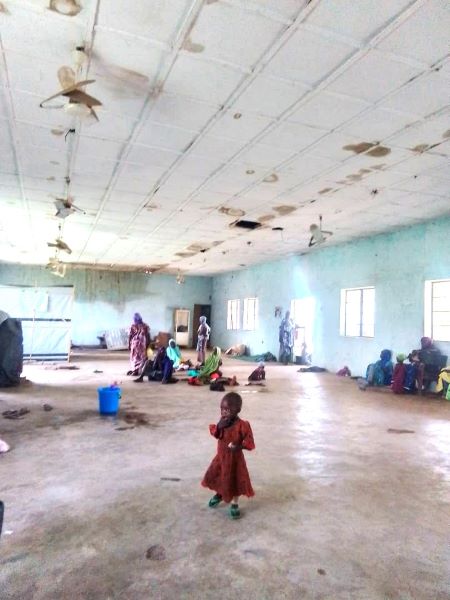Renowned Human Capital Development expert and Health Management Consultant, Dr Ben Nkechika, has attributed Africa’s ongoing health crisis to the persistent neglect of primary healthcare (PHC) systems.
Speaking in an interview on Monday in Abuja, Nkechika lamented that while global focus often centres on sophisticated hospitals and high-tech medical equipment, the foundation of the continent’s health infrastructure—its primary healthcare centres—continues to collapse, resulting in countless preventable deaths.
“Strong primary healthcare is not controversial, it is essential,” he said. “The real tragedy is that most people never even make it to a hospital.”
He cited harrowing examples from rural communities in Nigeria and other parts of Africa, where pregnant women give birth on bare floors and children die from malaria simply because no health post is nearby to administer basic treatment.
Nkechika noted that an estimated 60 per cent of medical conditions in Africa could be effectively managed at the primary healthcare level.
However, chronic underinvestment and poor policy prioritisation have left frontline clinics broken, underfunded, and critically understaffed.
“We are building pyramids from the top down,” he said. “But real change starts at the base—in the dusty, forgotten clinics that still manage to change lives.”
Highlighting the successes of countries like Rwanda, Kenya, and Ghana, he pointed to their decentralised PHC models, which have delivered vaccines, provided maternal care, screened for non-communicable diseases, and created thousands of jobs for nurses and community health workers, all while maintaining sustainable healthcare costs.
“The numbers tell a compelling story,” he said. “Only four in ten Nigerians have access to functional primary healthcare facilities, yet up to 70 per cent of the health budget still goes to secondary and tertiary care.”
Nkechika stressed that millions of Africans continue to die from preventable diseases simply because of weak PHC systems.
“If Africa invested even half as much in primary healthcare as it does in urban hospitals, we would save lives, reduce costs, and build resilient economies,” he said.
He concluded by describing PHC as not just a matter of healthcare, but one of survival, dignity, and education.


